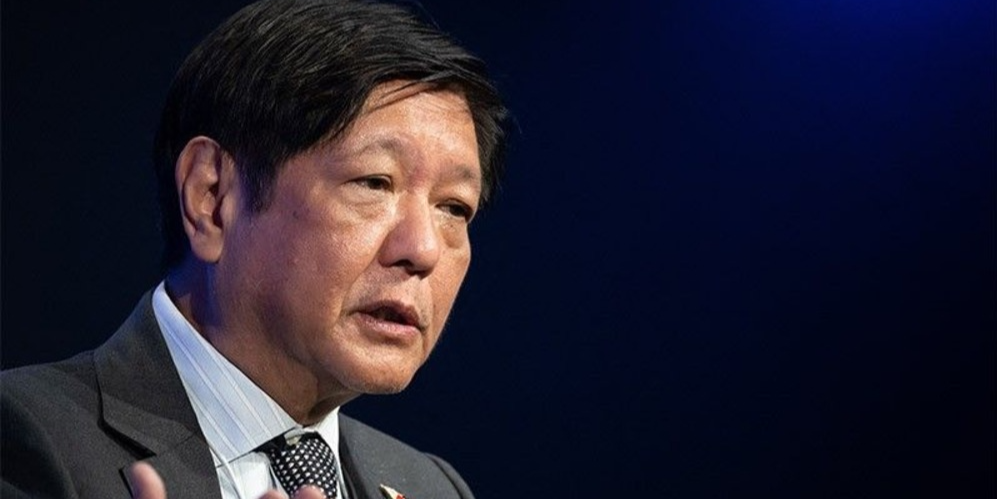KUALA LUMPUR, MALAYSIA — Malaysia’s coastguard said Tuesday that authorities were questioning the crew of a Chinese vessel detained on suspicion of looting two British World War II shipwrecks.
Officers discovered unexploded cannon shells upon boarding the Chinese-registered vessel, which was detained for illegal anchorage over the weekend, said Nurul Hizam Zakaria, Malaysian Maritime Enforcement Agency chief in Johor state.
“Our investigation is now directed to where these cannon shells originated from. Right now, we have officers from multi-agencies searching the big ship,” he told AFP.
Nurul Hizam said the vessel from the city of Fuzhou had a crew of 32 comprising 21 Chinese nationals, 10 Bangladeshis and one Malaysian — some of which were in police custody for questioning.
“This case also involves the discovery of explosives,” he added.
A senior maritime official told AFP on condition of anonymity that the pieces of metal and cannon shells could have originated from two sunken British warships.
Photos and a video shared by the coastguard showed large pieces of corroded metal and shells as well as a large crane and gas torches used to cut metal on board the ship.
The shells could also be linked to the discovery of unexploded World War II-era ordnance at a jetty in Johor on May 19, the maritime agency said in a statement Monday.
Nurul Hizam said the maritime agency would not tolerate any form of illegal salvage activities in Malaysian waters.
“Our national treasure must be protected and preserved,” he said, describing looting as “an uncivilised act”.
Hundreds of British sailors died when the HMS Prince of Wales and HMS Repulse were torpedoed by Japanese aircraft off the South China Sea.
The attack on December 10, 1941, happened three days after Japan attacked the US fleet in Pearl Harbor, Hawaii.
Britain’s Ministry of Defence condemned the “desecration” of maritime military graves after reports that scavengers had targeted two WWII wrecks, the BBC said Saturday.
Malaysia’s New Straits Times newspaper reported in recent weeks that illegal salvage operators had targeted high-grade aluminium and brass fixtures from the two British warships.
— AFP






